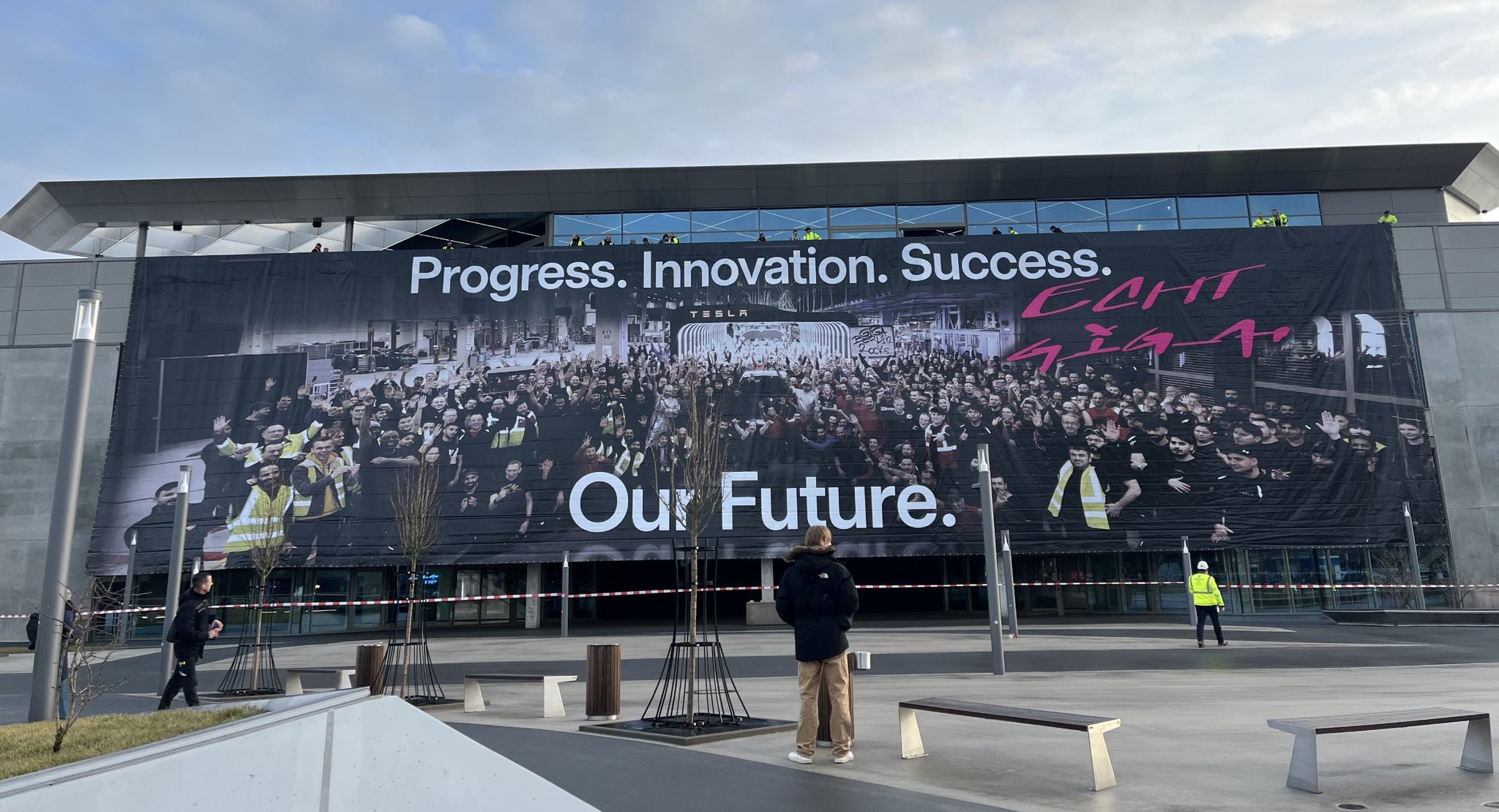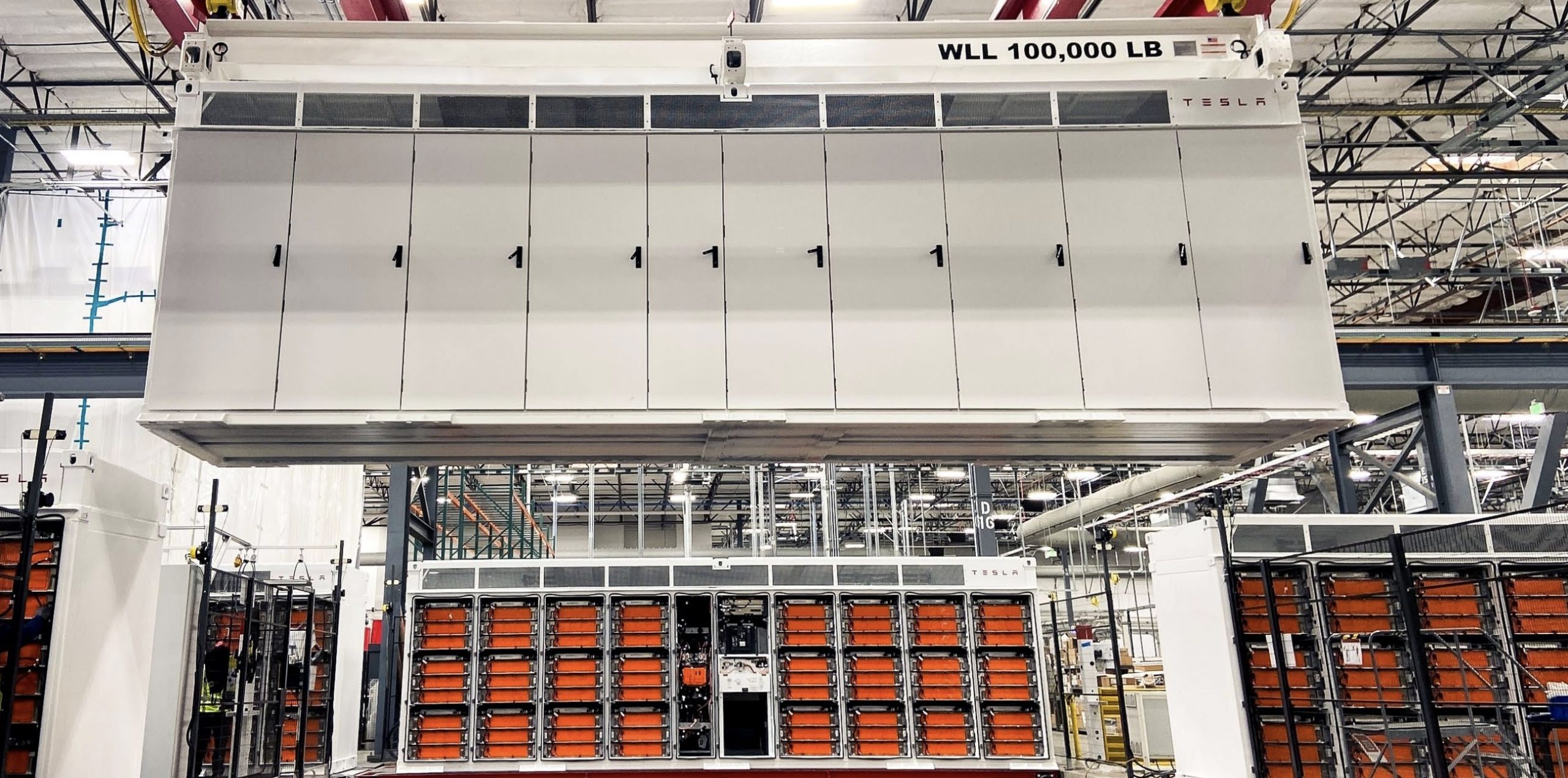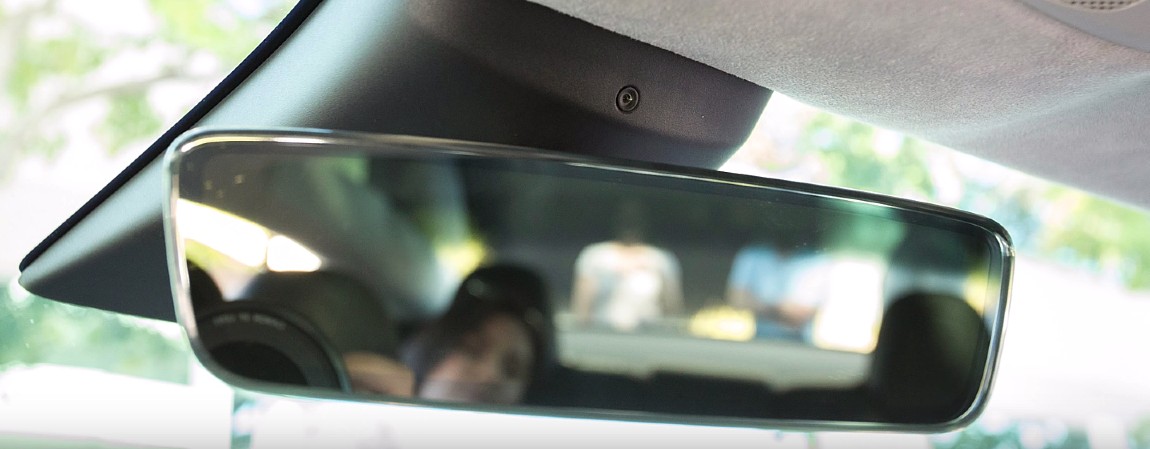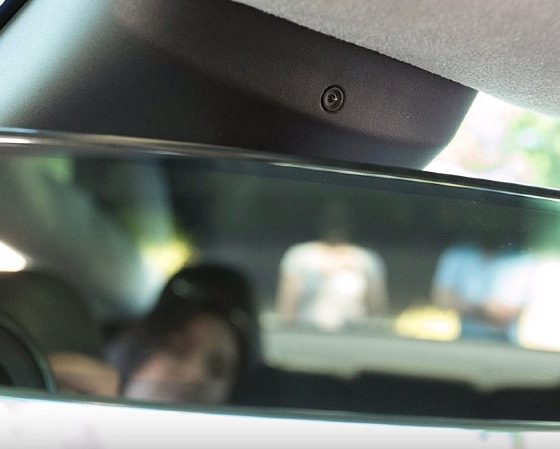Tesla has released a new statement concerning recent developments of security concerns with its China-built cars. Recently, Tesla’s all-electric vehicles underwent a security review from Chinese officials, who were concerned that the cameras on and inside of the vehicle could be used to transmit sensitive government information to the U.S. as relations between the two countries have been complicated.
Chinese Gov’t tells Military, Gov’t personnel not to drive Teslas on State-related property
In the initial article from the Wall Street Journal from mid-March, Chinese government officials raised privacy concerns regarding the eight external and single cabin cameras outfitted on Tesla vehicles. Government employees, workers for State-related contractors, and Military personnel were all told to refrain from navigating Tesla cars on sensitive properties. The cameras on a Tesla are used for several reasons. Still, several Chinese government interests believed that they could be utilized to collect sensitive information that the United States could use against China.
In response to the accusations, Tesla CEO Elon Musk responded by stating that its vehicles are not recording any information that the government could utilize because of legal issues. “There’s a very strong incentive for us to be very confidential with any information. If Tesla used cars to spy in China or anywhere, we will get shut down,” Musk said in an interview shortly after the WSJ article.
Tesla’s Company Response: Cameras aren’t active
Tesla has officially responded to the Chinese government’s concerns in posting on the Customer Support Weibo account it operates in China. The statement indicates that the cabin cameras are not activated outside of the North American market and that it is up to the driver to determine whether the camera needs to be active or stagnant.
The company went into more detail (via AutoHome China):
“Recently, there has been a discussion on the Internet about ‘Tesla monitors the owner through the camera in the car.’ In order to eliminate unnecessary misunderstandings, the following is specifically stated:
The vehicles used by Tesla users do not infringe on the privacy of users through the in-vehicle camera.
All Tesla user vehicles on the Chinese market have not turned on their in-vehicle cameras, nor are they involved in FSD Beta testing.
Tesla’s privacy protection policy complies with national laws and regulations. Like you, Tesla attaches great importance to the protection of user privacy. We are equipped with a network security system with the world’s leading security level to ensure user privacy protection. Thank you again for your attention to Tesla.”
The cabin camera was recently activated to monitor drivers who are a part of the FSD Beta program. The cabin camera is used to monitor whether the driver is paying attention to the road and its surroundings. If the vehicle’s cabin camera notices the driver is not attentive, it will revoke FSD Beta testing capabilities from that driver. It is a safety precaution to ensure the Beta testing sequence of Tesla’s Full Self-Driving systems goes smoothly, as an accident or mistake caused by an inattentive driver could send Tesla’s development of semi-autonomous driving functionalities back several years.
However, FSD Beta is only available to drivers in the United States at the current time, but it could make its way to Canada and other markets shortly. However, the Chinese market is not being used to test the FSD Beta, and there is no indication of when Tesla will roll out the functionality to other regions. Ultimately, it comes down to traffic and road rules being understood by Tesla’s self-driving software. “Very important to make sure this is done right,” Musk once said when talking about the suspended release of the FSD suite in other countries.

Elon Musk
Elon Musk denies Starlink’s price cuts are due to Amazon Kuiper
“This has nothing to do with Kuiper, we’re just trying to make Starlink more affordable to a broader audience,” Musk wrote in a post on X.

Elon Musk has pushed back on claims that Starlink’s recent price reductions are tied to Amazon’s Kuiper project.
In a post on X, Musk responded directly to a report suggesting that Starlink was cutting prices and offering free hardware to partners ahead of a planned IPO and increased competition from Kuiper.
“This has nothing to do with Kuiper, we’re just trying to make Starlink more affordable to a broader audience,” Musk wrote in a post on X. “The lower the cost, the more Starlink can be used by people who don’t have much money, especially in the developing world.”
The speculation originated from a post summarizing a report from The Information, which ran with the headline “SpaceX’s Starlink Makes Land Grab as Amazon Threat Looms.” The report stated that SpaceX is aggressively cutting prices and giving free hardware to distribution partners, which was interpreted as a reaction to Amazon’s Kuiper’s upcoming rollout and possible IPO.
In a way, Musk’s comments could be quite accurate considering Starlink’s current scale. The constellation currently has more than 9,700 satellites in operation today, making it by far the largest satellite broadband network in operation. It has also managed to grow its user base to 10 million active customers across more than 150 countries worldwide.
Amazon’s Kuiper, by comparison, has launched approximately 211 satellites to date, as per data from SatelliteMap.Space, some of which were launched by SpaceX’s Falcon 9 rocket. Starlink surpassed that number in early January 2020, during the early buildout of its first-generation network.
Lower pricing also aligns with Starlink’s broader expansion strategy. SpaceX continues to deploy satellites at a rapid pace using Falcon 9, and future launches aboard Starship are expected to significantly accelerate the constellation’s growth. A larger network improves capacity and global coverage, which can support a broader customer base.
In that context, price reductions can be viewed as a way to match expanding supply with growing demand. Musk’s companies have historically used aggressive pricing strategies to drive adoption at scale, particularly when vertical integration allows costs to decline over time.
News
Tesla Giga Berlin makes a statement of solidarity amid IG Metall conflict
The display comes as tensions between Tesla and IG Metall continue to escalate.

Tesla Giga Berlin is sending a strong message of solidarity amid its ongoing legal dispute with German union IG Metall.
In a post on social media platform X, Giga Berlin plant manager André Thierig shared an image of the facility’s lobby covered with a large banner that reads: “Progress. Innovation. Success.” He added that the slogan reflects what the facility has stood for since Day One.
“Our lobby at Giga Berlin covered in a huge banner these days. Progress. Innovation. Success – this is what we stand for since we started production in 2022 and how we will go into our future!” Thierig wrote in his post on X.
The display comes as tensions between Tesla and IG Metall continue to escalate.
The dispute began after Tesla accused a union representative of secretly recording a works council meeting at Giga Berlin. Tesla stated that it filed a criminal complaint after the alleged incident. Police later confirmed they had seized a computer belonging to an IG Metall member as part of their investigation.
“What has happened today at Giga Berlin is truly beyond words! An external union representative from IG Metall attended a works council meeting. For unknown reasons he recorded the internal meeting and was caught in action! We obviously called police and filed a criminal complaint!” Thierig wrote on X at the time.
IG Metall denied the accusation and characterized Tesla’s move as an election tactic ahead of upcoming works council elections. The union subsequently filed a defamation complaint against Thierig. Authorities later confirmed that an investigation had been opened in connection with the matter.
Giga Berlin began production in 2022 and has since become one of Tesla’s key European manufacturing hubs, producing the Model Y, the company’s best-selling vehicle. The facility has expanded capacity over the past years despite environmental protests, labor disputes, and regulatory scrutiny.
Energy
Tesla Megapack Megafactory in Texas advances with major property sale
Stream Realty Partners announced the sale of Buildings 9 and 10 at the Empire West industrial park, which total 1,655,523 square feet.

Tesla’s planned Megapack factory in Brookshire, Texas has taken a significant step forward, as two massive industrial buildings fully leased to the company were sold to an institutional investor.
In a press release, Stream Realty Partners announced the sale of Buildings 9 and 10 at the Empire West industrial park, which total 1,655,523 square feet. The properties are 100% leased to Tesla under a long-term agreement and were acquired by BGO on behalf of an institutional investor.
The two facilities, located at 100 Empire Boulevard in Brookshire, Texas, will serve as Tesla’s new Megafactory dedicated to manufacturing Megapack battery systems.
According to local filings previously reported, Tesla plans to invest nearly $200 million into the site. The investment includes approximately $44 million in facility upgrades such as electrical, utility, and HVAC improvements, along with roughly $150 million in manufacturing equipment.
Building 9, spanning roughly 1 million square feet, will function as the primary manufacturing floor where Megapacks are assembled. Building 10, covering approximately 600,000 square feet, will be dedicated to warehousing and logistics operations, supporting storage and distribution of completed battery systems.
Waller County Commissioners have approved a 10-year tax abatement agreement with Tesla, offering up to a 60% property-tax reduction if the company meets hiring and investment targets. Tesla has committed to employing at least 375 people by the end of 2026, increasing to 1,500 by the end of 2028, as noted in an Austin County News Online report.
The Brookshire Megafactory will complement Tesla’s Lathrop Megafactory in California and expand U.S. production capacity for the utility-scale energy storage unit. Megapacks are designed to support grid stabilization and renewable-energy integration, a segment that has become one of Tesla’s fastest-growing businesses.










